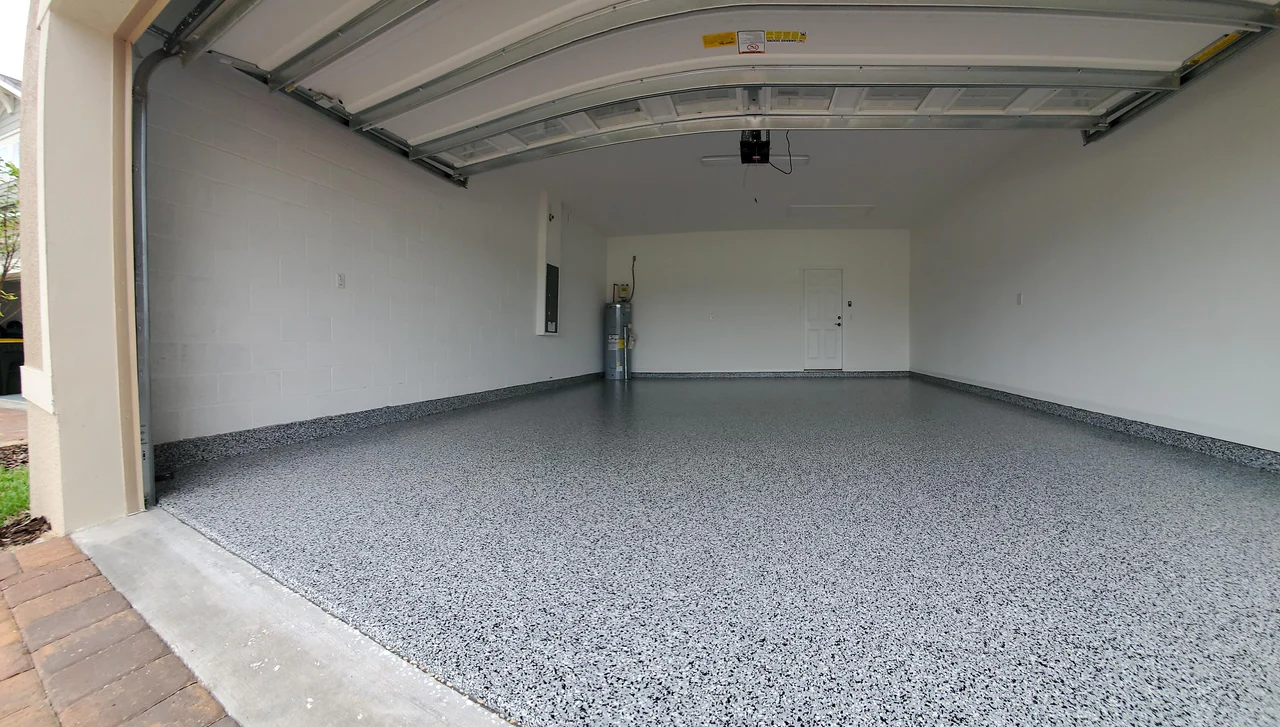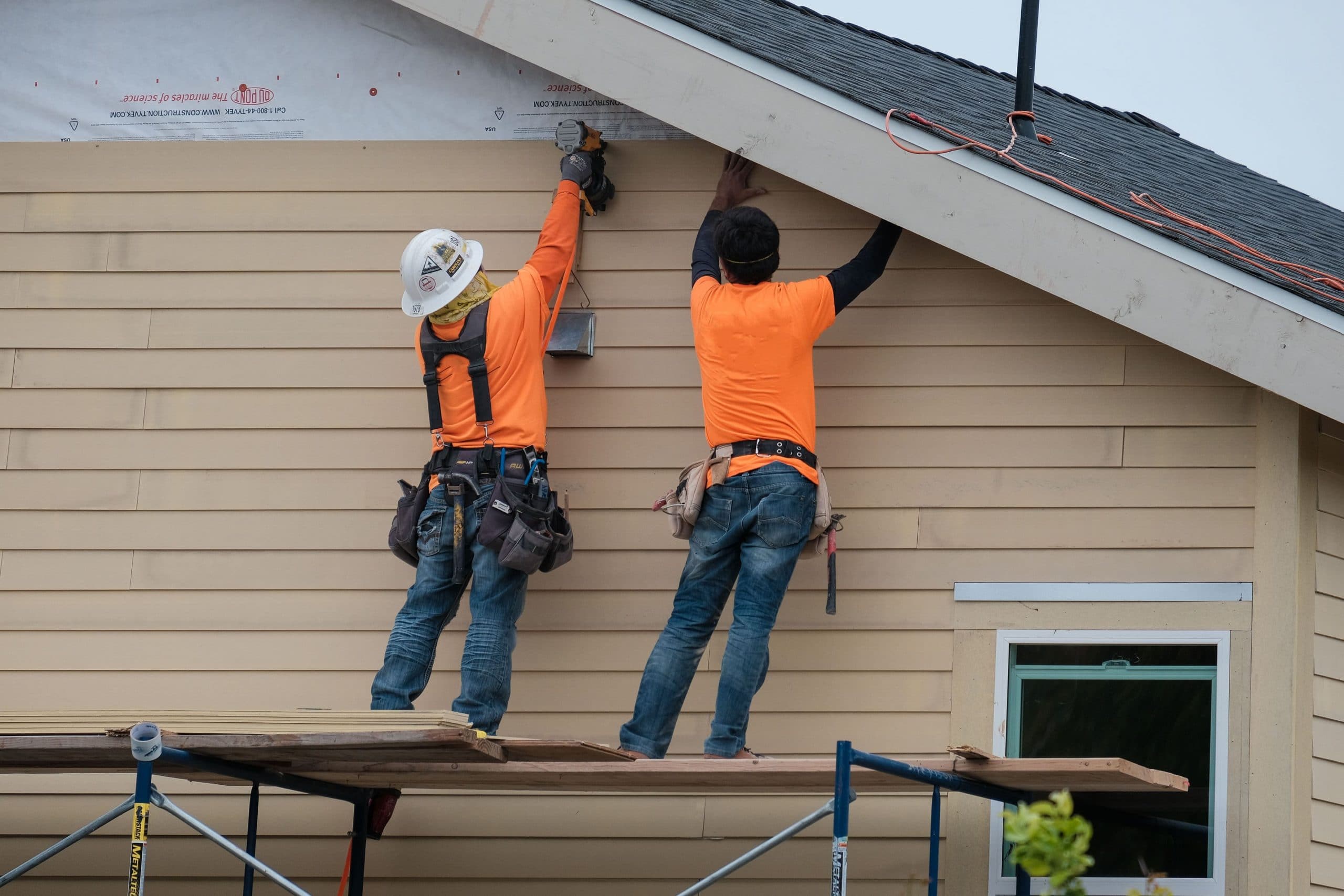When your floors start to look dull, scratched, or worn out, the big question arises: should you refinish them or replace them entirely? Both options can transform your space, but they differ greatly in cost, longevity, and overall impact. Understanding the pros and cons of each will help you make a smarter financial and design decision for your home.
Cost Comparison: Refinishing Is Almost Always Cheaper
In most cases, refinishing hardwood floors is significantly cheaper than replacing them.
- Refinishing Cost: Typically ranges between $3 to $8 per square foot, depending on the type of wood, finish, and labor.
- Replacement Cost: Can cost anywhere from $10 to $25 per square foot, including demolition, new material, and installation.
If your floor is in good condition, refinishing can restore it to a “like-new” look for half—or even a third—of the replacement cost.
When Refinishing Makes Sense
Refinishing involves sanding down the existing surface and applying new stain or sealant. This process removes scratches, minor dents, and surface discoloration. It’s ideal if:
- The wood is solid hardwood with enough thickness to sand.
- There are no major water or structural damages.
- You’re satisfied with the current layout and wood type.
Beyond saving money, refinishing helps preserve the character and natural grain of your original wood floors—a quality feature that many homeowners love.
When Replacing Floors Is the Better Option
Refinishing can’t fix everything. If your floors have deep water damage, warped boards, or structural problems underneath, replacement may be more cost-effective in the long run. Consider replacing when:
- The floor has been refinished too many times and can’t be sanded again.
- You want to change the flooring type (for example, from hardwood to luxury vinyl, tile, or engineered wood).
- You’re dealing with termite damage, subfloor issues, or severe buckling.
While replacing costs more upfront, it gives you a brand-new foundation, longer lifespan, and the chance to update your interior design completely.
Durability and Lifespan
A professionally refinished hardwood floor can last 7 to 10 years before needing another touch-up. New hardwood floors, by contrast, can last 50 years or more if maintained well. However, modern engineered flooring and vinyl planks can also deliver impressive durability with less maintenance and moisture resistance.
Environmental and Value Considerations
Refinishing is more eco-friendly because it reuses your existing materials, producing less waste and requiring no new lumber.
Replacement, however, can increase property value—especially if you upgrade to premium materials or a more contemporary design that appeals to future buyers.
The Bottom Line
If your hardwood floors still have life left in them, refinishing is the budget-friendly, sustainable choice that brings back their natural shine.
But if your floors are damaged beyond repair—or you want a complete style overhaul—replacement is worth the investment for long-term value and durability.
Before making your decision, always consult a professional flooring expert who can inspect the thickness, age, and condition of your existing floors.
SEO Keywords (for meta tags and optimization)
Primary Keyword: refinishing vs replacing floors
Secondary Keywords: cost to refinish hardwood floors, replace hardwood floors cost, floor refinishing Seattle, hardwood repair vs replacement, wood floor restoration
Schedule a free visit today.
We will visit your space to better understand your needs and we will send you a quote for your project for free.





